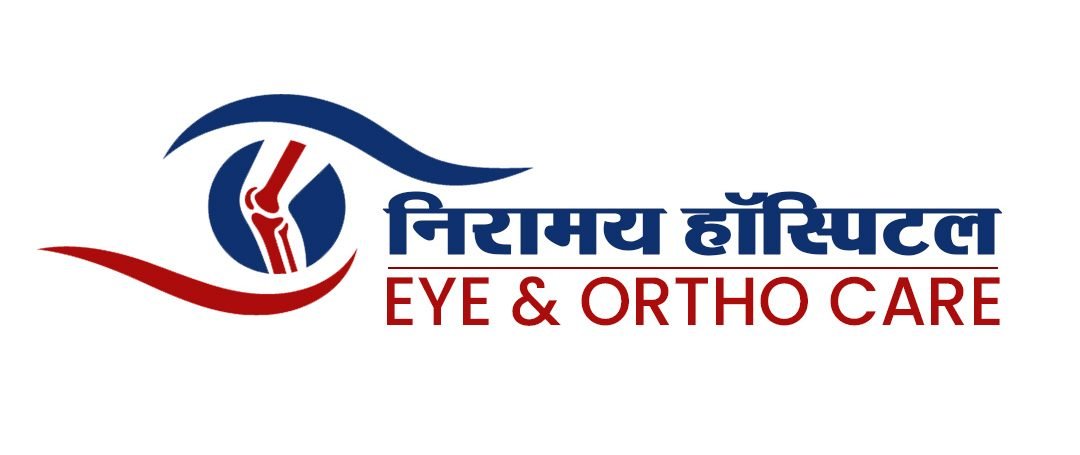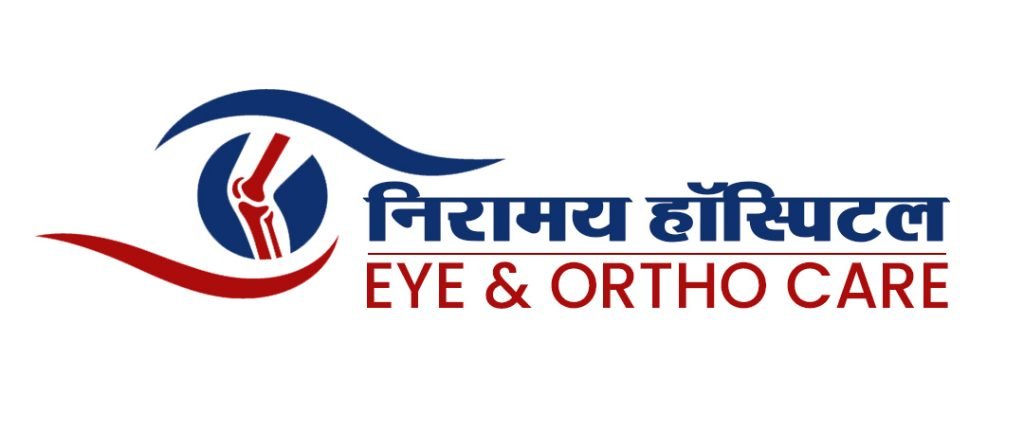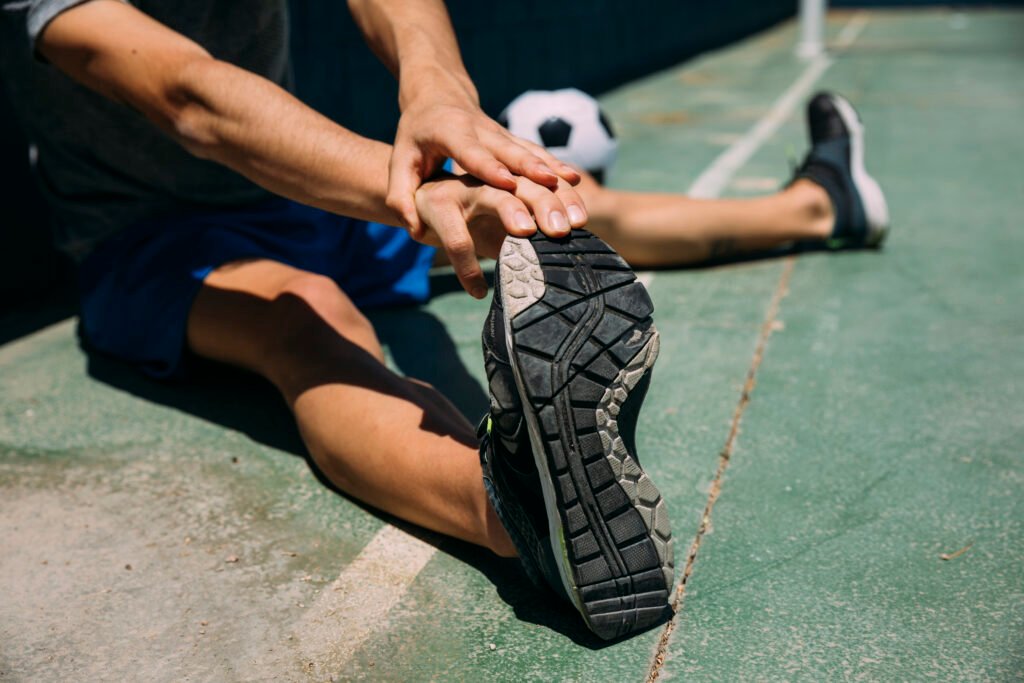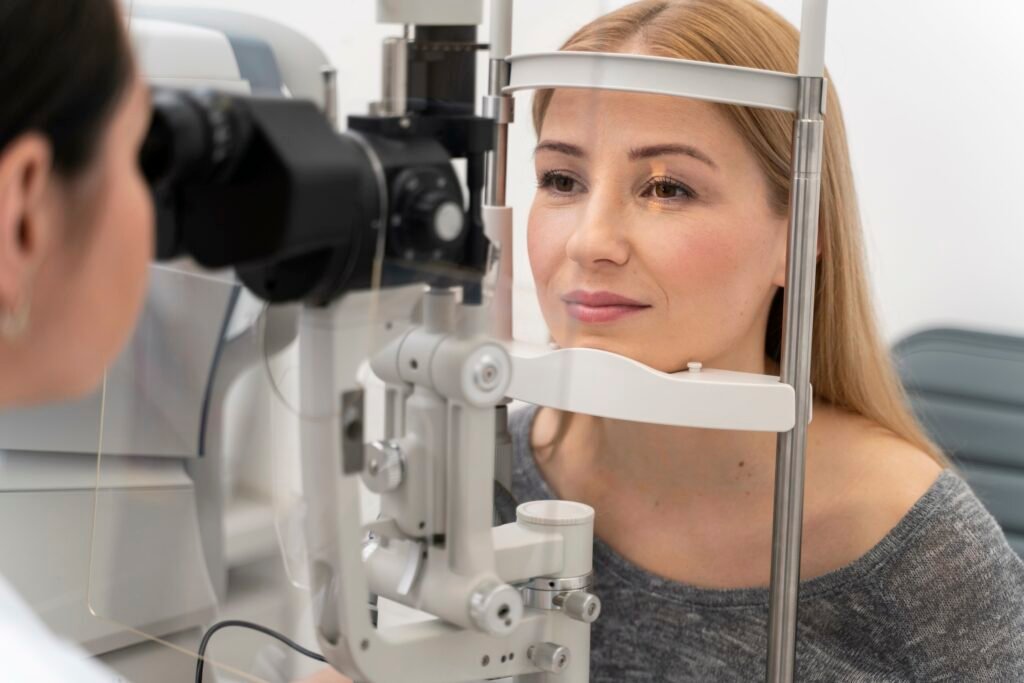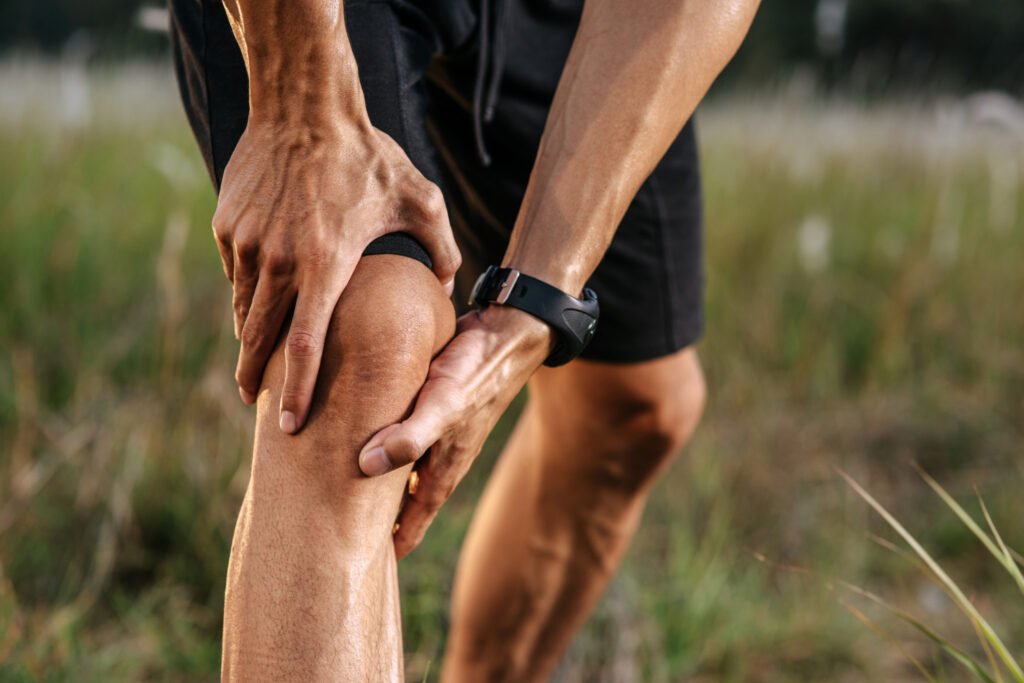Introduction
Footwear plays a significant role in our daily lives, often going unnoticed until we experience discomfort or pain. Beyond fashion and aesthetics, the right pair of shoes can make a world of difference in maintaining orthopedic health. For many, the importance of proper footwear is only realized after encountering foot-related issues. This article delves into why choosing the correct footwear is essential for orthopedic health and how it can prevent a myriad of problems, enhancing overall well-being.
The Connection Between Footwear and Orthopedic Health
The Anatomy of the Foot
The human foot is a complex structure comprising 26 bones, 33 joints, and more than 100 muscles, tendons, and ligaments. This intricate design allows for a range of movements and functions, from walking and running to maintaining balance. However, this complexity also makes the foot vulnerable to various conditions and injuries, particularly when subjected to improper support and pressure from ill-fitting footwear.
Common Orthopedic Issues Linked to Improper Footwear
- Plantar Fasciitis: This condition involves inflammation of the plantar fascia, a thick band of tissue running across the bottom of the foot. It is often caused by wearing shoes with poor arch support or inadequate cushioning.
- Bunions: Tight, narrow shoes can lead to the development of bunions, which are bony bumps that form at the base of the big toe. This condition can cause significant pain and discomfort.
- Corns and Calluses: Friction and pressure from ill-fitting shoes can lead to the formation of corns and calluses, which are thickened areas of skin that can become painful over time.
- Flat Feet: Shoes that do not provide proper arch support can exacerbate flat feet, a condition where the arches of the feet collapse, leading to pain and discomfort in the feet and legs.
- Hammer Toes: Poorly fitting shoes can cause toes to become bent into an abnormal position, known as hammer toes. This condition can lead to discomfort and difficulty in walking.
The Role of Footwear in Preventing Orthopedic Issues
Wearing the right footwear can significantly reduce the risk of developing these and other orthopedic issues. Proper shoes provide adequate support, cushioning, and stability, which are crucial for maintaining foot health.
Here are some key features to look for in orthopedic-friendly footwear:
- Arch Support: Good arch support helps distribute pressure evenly across the foot, reducing strain on the plantar fascia and other structures.
- Cushioning: Adequate cushioning absorbs shock and reduces impact on the feet, particularly during high-impact activities like running and jumping.
- Proper Fit: Shoes that fit well prevent friction and pressure points, reducing the risk of blisters, corns, and calluses.
- Stability: Stable shoes help maintain balance and prevent excessive movement within the shoe, reducing the risk of injuries.
- Breathability: Shoes made from breathable materials help keep the feet dry and comfortable, reducing the risk of fungal infections.
Choosing the Right Footwear
Understanding Your Foot Type
Before selecting the right footwear, it’s essential to understand your foot type.
There are three main types of feet:
- Neutral Arch: This is the ideal foot type, with an even distribution of weight across the foot. People with neutral arches can wear most types of shoes, but they should still look for good arch support and cushioning.
- Low Arch (Flat Feet): People with flat feet have little to no arch, causing the foot to roll inward (overpronation) when walking. They should look for shoes with strong arch support and stability features to prevent overpronation.
- High Arch: High-arched feet have a significant curve, causing the weight to be distributed unevenly across the foot. This foot type requires shoes with excellent cushioning to absorb shock and prevent stress on the ball and heel of the foot.
Selecting Footwear for Different Activities
Different activities require different types of footwear to ensure optimal support and protection. Here are some guidelines for selecting the right shoes for various activities:
- Walking: Walking shoes should have good arch support, cushioning, and a flexible sole to accommodate the natural movement of the foot.
- Running: Running shoes need to provide excellent shock absorption, support, and stability. It’s crucial to select running shoes that match your foot type and running style.
- Hiking: Hiking boots should offer ankle support, a sturdy sole, and waterproofing to protect the feet from rough terrain and moisture.
- Work: For jobs that require long hours of standing or walking, it’s essential to choose shoes with ample cushioning, arch support, and a non-slip sole for safety.
- Sports: Different sports require specific footwear designed to provide the necessary support and protection. For example, basketball shoes offer ankle support and cushioning, while soccer cleats provide traction and stability.
The Importance of Proper Fit
Regardless of the type of shoe, ensuring a proper fit is crucial for maintaining foot health. Here are some tips for finding the right fit:
- Measure Your Feet: Feet can change size over time, so it’s essential to measure your feet regularly and ensure you’re wearing the correct size.
- Try Shoes in the Afternoon: Feet tend to swell throughout the day, so it’s best to try on shoes in the afternoon when your feet are at their largest.
- Check for Space: There should be about a thumb’s width of space between your longest toe and the end of the shoe. This allows for natural movement and prevents friction.
- Test for Comfort: Walk around in the shoes to ensure they are comfortable and provide adequate support. The shoes should feel snug but not tight.
- Consider Orthotics: If you have specific foot issues or require additional support, consider using orthotic inserts. These custom-made or over-the-counter inserts can provide extra cushioning and support.
The Impact of Poor Footwear on Overall Health
Wearing improper footwear doesn’t just affect the feet; it can have a ripple effect on the entire body. Poor footwear can lead to problems in the knees, hips, and lower back, as the body tries to compensate for the lack of support and alignment. Here are some ways in which poor footwear can impact overall health:
- Knee Pain: Shoes that lack cushioning and support can cause the knees to absorb more shock, leading to pain and discomfort.
- Hip Pain: Improper footwear can affect the alignment of the hips, leading to strain and pain in the hip joints.
- Lower Back Pain: Poor alignment and lack of support from footwear can lead to lower back pain, as the body tries to compensate for the imbalance.
- Posture Issues: Wearing the wrong shoes can affect your posture, leading to additional strain on the spine and muscles.
- Reduced Mobility: Foot pain and discomfort from improper footwear can limit mobility and reduce the ability to perform daily activities.
Tips for Maintaining Orthopedic Health
In addition to wearing the right footwear, there are other steps you can take to maintain orthopedic health:
- Regular Foot Exercises: Strengthening the muscles in your feet and ankles can improve stability and reduce the risk of injuries.
- Foot Hygiene: Keeping your feet clean and dry can prevent infections and other foot-related issues.
- Regular Check-ups: Visiting a podiatrist or orthopedic specialist regularly can help identify and address any foot problems early on.
- Weight Management: Maintaining a healthy weight can reduce the pressure on your feet and lower the risk of developing foot-related issues.
- Proper Footwear Maintenance: Regularly replacing worn-out shoes and using orthotic inserts can ensure your footwear continues to provide the necessary support and protection.
FAQs
1. How often should I replace my shoes?
The lifespan of a shoe depends on the type of activity and frequency of use. On average, running shoes should be replaced every 300-500 miles, while walking shoes may last up to 600 miles. It’s essential to replace shoes once they show signs of wear and no longer provide adequate support and cushioning.
2. Can wearing high heels cause orthopedic issues?
Yes, wearing high heels regularly can lead to various orthopedic issues, including bunions, hammer toes, and lower back pain. High heels alter the natural alignment of the feet and increase pressure on the ball of the foot, leading to discomfort and long-term problems.
3. Are custom orthotics necessary for everyone?
Not everyone needs custom orthotics, but they can be beneficial for individuals with specific foot conditions or those who require additional support. Custom orthotics are tailored to an individual’s foot shape and provide targeted support and cushioning.
4. What are the signs that my shoes are causing foot problems?
Common signs that your shoes are causing foot problems include persistent foot pain, blisters, calluses, and changes in foot shape (such as bunions or hammer toes). If you experience any of these symptoms, it’s essential to evaluate your footwear and consider switching to a more supportive and comfortable pair.
5. Can proper footwear help with existing foot problems?
Yes, wearing proper footwear can alleviate existing foot problems by providing the necessary support and cushioning. For example, shoes with good arch support can help reduce pain from plantar fasciitis, while cushioned shoes can alleviate discomfort from high arches.
Conclusion
Proper footwear is crucial for maintaining orthopedic health and preventing a range of foot-related issues. By understanding your foot type, selecting the right shoes for different activities, and ensuring a proper fit, you can significantly reduce the risk of developing orthopedic problems. If you experience any foot pain or discomfort, it’s essential to consult a specialist who can provide personalized recommendations and solutions.
Call to Action
At Dr. Ankur Jain, Kota, we are dedicated to helping you maintain optimal orthopedic health. Our team of specialists is here to provide personalized care and recommendations to ensure you find the right footwear for your needs. Don’t let foot pain or discomfort hold you back any longer. Schedule an appointment with Dr. Ankur Jain today and take the first step towards healthier, happier feet. Contact us now to learn more about our services and how we can help you achieve lasting orthopedic wellness.
